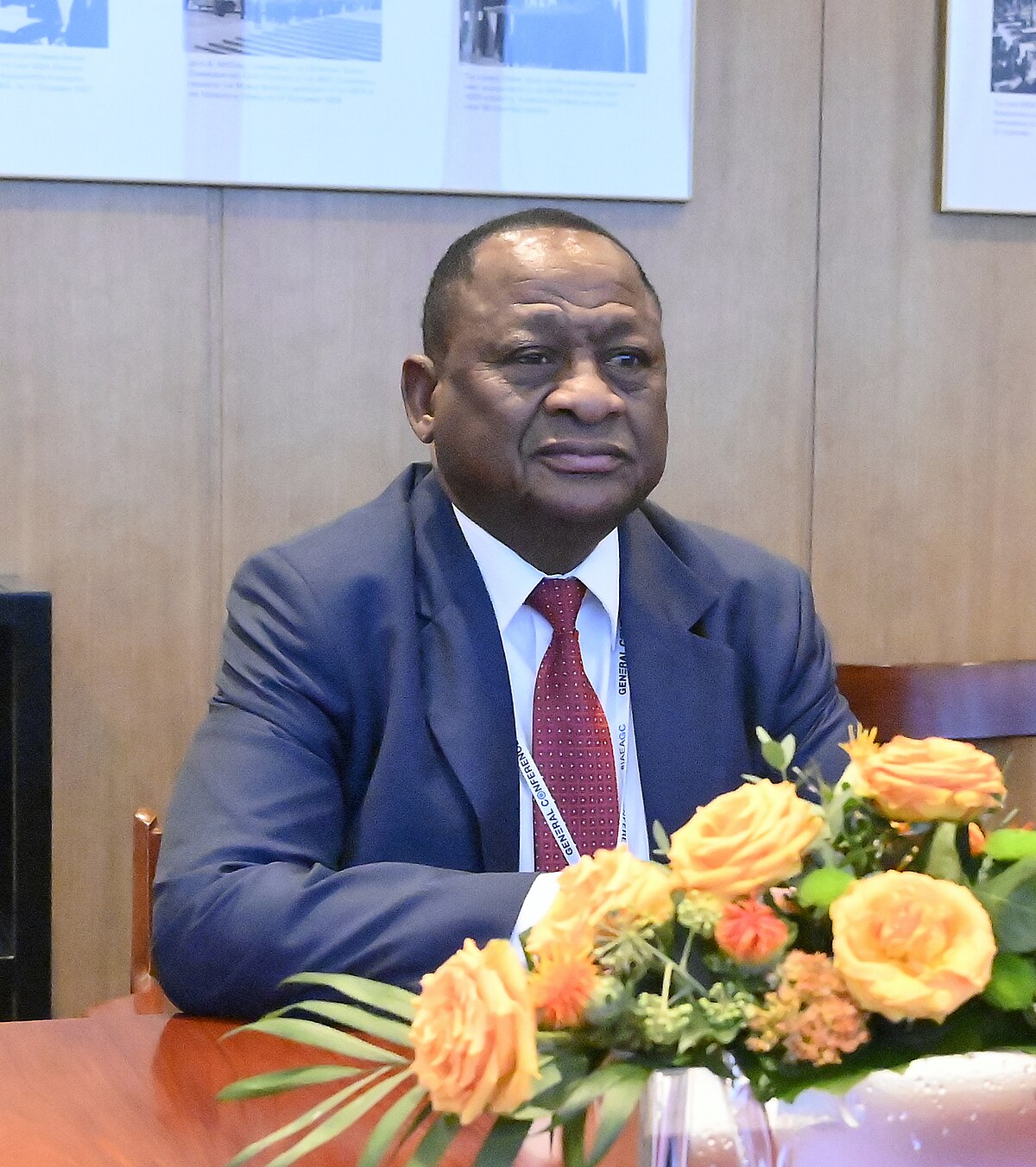SINGAPORE – Asia must reduce its heavy reliance on exports and attract more foreign investment if it wants to sustain its robust turnaround after the 1997-98 financial crisis, an International Monetary Fund expert said yesterday.
“Asia continues to rely heavily on net exports as an engine of economic expansion,” David Burton, director of the IMF’s Asia-Pacific Department said. “Over time, greater reliance on domestic demand will be needed to assure a more balanced and sustainable pattern of growth,” he said in a speech to the Singapore Press Club that addressed challenges facing Asia 10 years after the financial crisis, which erupted on July 2, 1997, the day the Thai baht plunged.Burton said one way to address the problem would be to bolster foreign investment, which hasn’t recovered strongly in the region – except for China – following a sharp drop 10 years ago.”While pre-crisis levels of investment were certainly excessive, the limited recovery is puzzling,” Burton said.The crisis started when foreign capital flows, which had sustained investment in property and other projects, rushed out of Thailand, leading to a rapid devaluation of the baht.The crisis spread through the region, with Indonesia and South Korea also falling into recessions.Contributing factors to the crisis were the lack of transparency and weaknesses in the corporate and banking sectors, Burton said.In many cases, large unsecured loans were given to business cronies of the political bosses, and the loans could not be retrieved when the companies went under.Burton said improving corporate governance and macroeconomic policy frameworks and broadening and deepening financial systems would help support investment and rebalance growth.In China, however, investment has expanded rapidly but so have savings, Burton said.”The need in China, therefore, is to reduce reliance on rapid investment growth as well as net exports, and to encourage consumption.”Beijing should strengthen the country’s social safety nets and redirect public spending toward social needs to help boost consumption, he said, while repeating a call for a more flexible yuan.Asia also needs to continue to adapt to evolving production and export patterns, he said.China is one example of how the supply chain changes: the country is increasingly using domestically sourced rather than regionally imported inputs in its assembly of final goods, he said.”The key to continued adaptation to this type of challenge will be to increase the flexibility of economies, so that they remain competitive and responsive,” Burton said, adding that Asian countries could further develop their capital markets, increase labour market flexibility and improve their business climate.The region also continues to grapple with how to deal with surges in capital inflows – a reflection of the growing desire of residents in Asian countries to invest outside their home countries.But these surges could potentially contribute to asset price bubbles and create a risk that funds might flow out even more quickly, he said.He suggested a combination of exchange rate flexibility and limited intervention to smooth exchange rate movements as a possible short-term response.Nampa-AP”Over time, greater reliance on domestic demand will be needed to assure a more balanced and sustainable pattern of growth,” he said in a speech to the Singapore Press Club that addressed challenges facing Asia 10 years after the financial crisis, which erupted on July 2, 1997, the day the Thai baht plunged.Burton said one way to address the problem would be to bolster foreign investment, which hasn’t recovered strongly in the region – except for China – following a sharp drop 10 years ago.”While pre-crisis levels of investment were certainly excessive, the limited recovery is puzzling,” Burton said.The crisis started when foreign capital flows, which had sustained investment in property and other projects, rushed out of Thailand, leading to a rapid devaluation of the baht.The crisis spread through the region, with Indonesia and South Korea also falling into recessions.Contributing factors to the crisis were the lack of transparency and weaknesses in the corporate and banking sectors, Burton said.In many cases, large unsecured loans were given to business cronies of the political bosses, and the loans could not be retrieved when the companies went under.Burton said improving corporate governance and macroeconomic policy frameworks and broadening and deepening financial systems would help support investment and rebalance growth.In China, however, investment has expanded rapidly but so have savings, Burton said.”The need in China, therefore, is to reduce reliance on rapid investment growth as well as net exports, and to encourage consumption.”Beijing should strengthen the country’s social safety nets and redirect public spending toward social needs to help boost consumption, he said, while repeating a call for a more flexible yuan.Asia also needs to continue to adapt to evolving production and export patterns, he said.China is one example of how the supply chain changes: the country is increasingly using domestically sourced rather than regionally imported inputs in its assembly of final goods, he said.”The key to continued adaptation to this type of challenge will be to increase the flexibility of economies, so that they remain competitive and responsive,” Burton said, adding that Asian countries could further develop their capital markets, increase labour market flexibility and improve their business climate.The region also continues to grapple with how to deal with surges in capital inflows – a reflection of the growing desire of residents in Asian countries to invest outside their home countries.But these surges could potentially contribute to asset price bubbles and create a risk that funds might flow out even more quickly, he said.He suggested a combination of exchange rate flexibility and limited intervention to smooth exchange rate movements as a possible short-term response.Nampa-AP
Stay informed with The Namibian – your source for credible journalism. Get in-depth reporting and opinions for
only N$85 a month. Invest in journalism, invest in democracy –
Subscribe Now!






